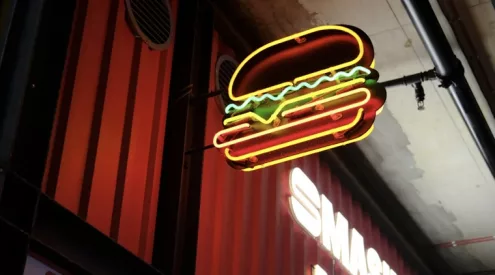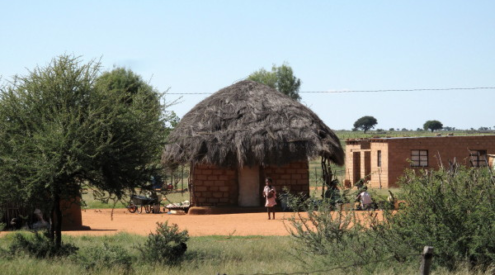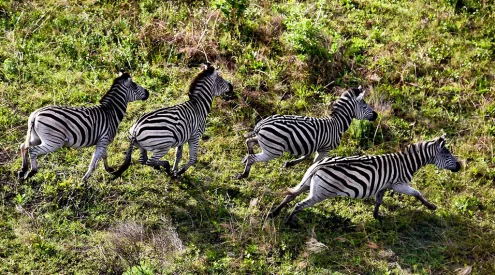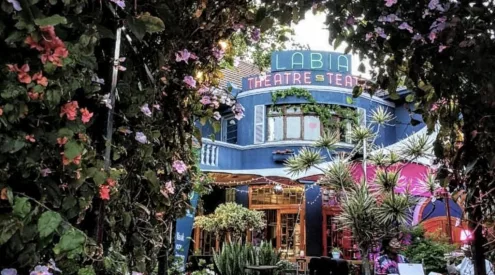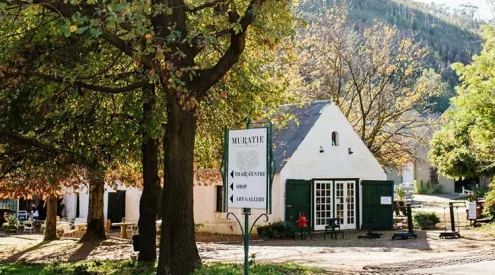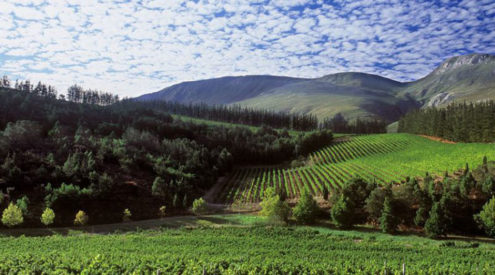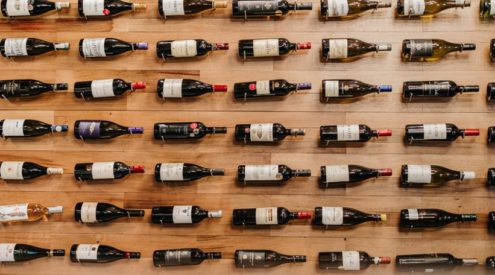I learnt something the other day. It was one of those fun little wine lessons where you already know the answer, you just are not sure of the question.
I was at Wine Cellar attending a small tasting of 2008 and 2009 Burgundies and Beaujolais. The Beaujolais wines were fresh, fruity, exuding raspberry candyfloss, cherry and strawberry; wines that I can imagine Willy Wonka having when he was tired of sweets.
The red burgundies delighted as usual with a good selection. I especially enjoyed the restless*, rustic, 2008 Chambolle-Musigny from Ghislaine Barthod. It was full of deep red fruits, with some charry oak, and green pine needle background; a light hearted forest floor, scented rather than stinky. It had such character and personality I felt like I could have had a chat with it. There was also the 2008 Bonnes Mares of Joseph Drouhin which was tight, bound like a boxer’s hand; a coiled spring, so hard to penetrate now it seemed almost simple, but the excellence in waiting was shown most clearly through its ridiculous length. After talking for a few minutes I sat back and smacked my lips to find sour cherry and dark chocolate still hanging around, teasing, hinting.
But back to the lesson. Meursault. We were poured four whites blind and asked to pick where each was from. I had no idea, although my tasting notes suggested I knew the answer to which of them was the Meursault:
‘Go on! The nose is oat-like honeycomb. Wonderful burst of freshness on the palate, with a lemon/lime edge, and just down right delicious. Touch reductive. Flinty maybe. Beautifully thin and petite, but with curves.’ – Joesph Drouhin Meursault 2008
It was truly delicious, and incredibly hard to write about now when there is only run-of-the-mill South African Chardonnay in the fridge. But I will persevere.
It turns out that what I had identified in the wine were pretty classic Meursault characteristics. Hugh Johnson describes Meursault as ‘remarkable for being very dry, at the same time soft and mellow. It is described by some people as mealy, reminding them of oatmeal, by others as being like hazelnuts. In its colour, which is very pale gold, there is a suggestion of green.’
According to Andre Simon, Meursault is the chief town in the Cote de Blancs, ‘that part of the Cote d’Or which is responsible for the greatest quantity of white Burgundies.’ He also notes, in 1967, that it had ‘two hotels, the Chevreuil, which is very good, and the Centre, which is good.’ Thanks Andre.
Meursault has no single famous vineyard like its neighbour Montrachet, but according to Johnson it is ‘remarkably consistent. Never the cheapest white Burgundy, and never the most expensive.’ Unfortunately I am not lucky enough to be able to comment on the variable consistencies of white Burgundy – but it is a job I have started to covet.
Reading from various sources it seems that the best vineyards of Meursault are called Les Perrieres, Les Charmes and Les Genevrieres.
Now you know, now I know. And this all stemmed from smelling some oats in a wine, it opened up a corridor of interest. It is like reading a book or poem and something clicks; you close the book leaving your fingers on the page so not to lose your place, and reading the author’s name on the cover you say, ‘aha, I see what you’ve done there.’
That’s wine for me; it is tasting, reading and drinking, looking for those moments when the wine in the glass makes a little more sense. Mersault makes far more sense to me now than it did last week. The problem is, I have been pining for a bottle ever since.
Meursault is also the name of the main character in Camus’ remarkable novella, The Stranger. It is also the name of a Scottish indie folk band. I will now seek them out and give them a listen since they have an awesome name and album art.
*restless. I realize this may seem a rather retarded descriptor. But it is not. The wine was ill-at ease, wanting to express but still too young. You could feel the promise, the urgency, but also the distance it still has to go.




